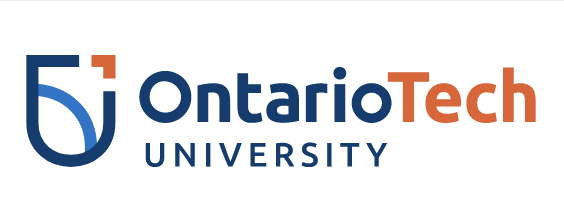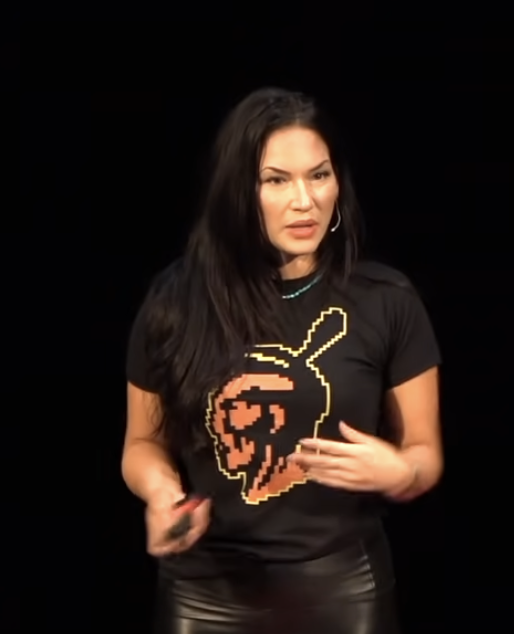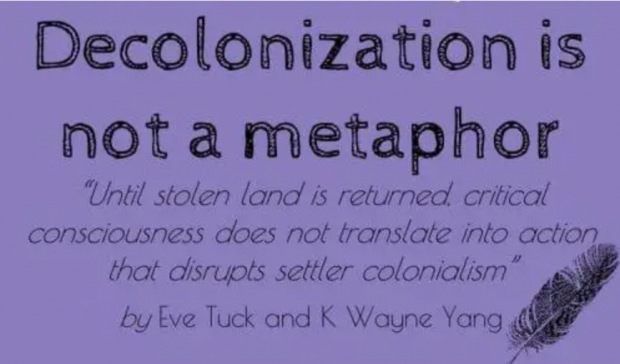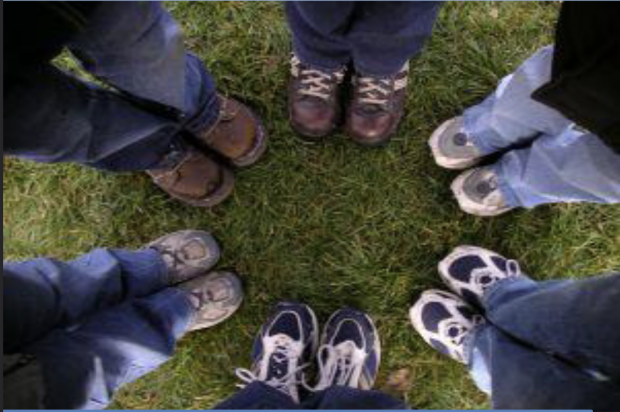Teaching History from an Indigenous Perspective.
A great article that I would like to look at for my project. I think it is so important to learn from the people who know the best. If we want to teach indigenous culture, it should be taught from and indigenous perspective. However, how do we do that, when the majority of teachers are not Indigenous and only have a very limited knowledge about Indigenous culture. How can I understand Indigenous ways and how do I chunk it into sizeable parts so it can be easily digestible for a union member who is not used to learning and might find this content and the reason we are learning it a little challenging.
Teaching History from an Indigenous Perspective.





